
Have you ever worried about bed bugs? If you travel a lot, it’s probably something that’s on your radar. After all, dealing with these little critters is not only a pain in the butt, but they actually may bite you. Bed bug outbreaks are becoming a little too common. Let’s talk about what you need to know.
1. They Love Everyone
Bed bugs don’t just hang out in homes or hotel rooms that are dirty. They don’t care how clean or dirty your environment is, and anyone, anywhere can get them. Personal hygiene and cleanliness are not factors.
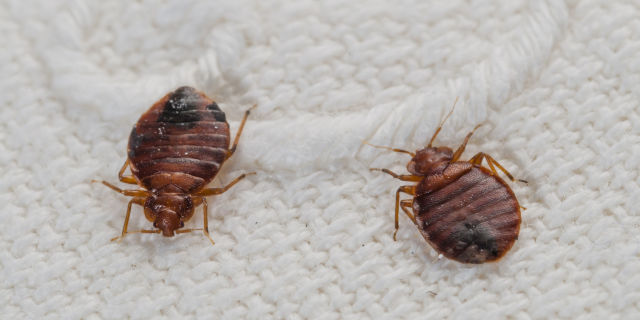
2. They Aren’t Proven Disease-Spreaders
Bed bugs might give you the creeps, but research hasn’t proven that they spread any diseases. While not all of the research in conclusive, there is ongoing study. Perhaps the risk lies in not being able to sleep thinking about the little creeps! They can, however, aggravate the symptoms of people who already suffer from asthma and allergies.
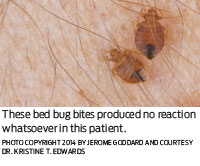
3. They Bite During the Day, Too
Most people think of bed bugs as nocturnal, but they really aren’t. They will usually feed most between 2am and 5am, while you’re sleeping. However, if you take a nap or sleep during the day, they’ll still come out and bite. They are attracted to your body’s warmth and to the carbon dioxide you exhale.
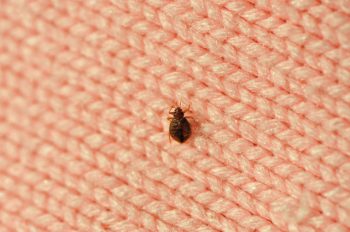
4. They May Be Hard to See
Just because you can’t see any bed bugs doesn’t mean they aren’t lurking somewhere. They’re very good at hiding from you, especially if you have a lower-level infestation. Signs of bed bugs include rust-colored stains on your sheets or mattress, tiny dark spots (bed bug excrement…ewww!), tiny yellowish eggs, and of course…live bed bugs you can see. You may also find yourself with unexplained bites.

5. What Bites Look Like
Depending on your allergenic makeup, your bed bug bites might look different from someone else’s. But they generally look something like this, unless you are allergic.
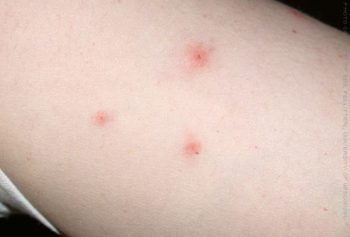
6. How to Get Rid of Them
Bed bugs can be difficult to get rid of. This is why experts recommend that you never try to take care of the problem yourself. It’s always best to call a professional who specializes in getting rid of them.
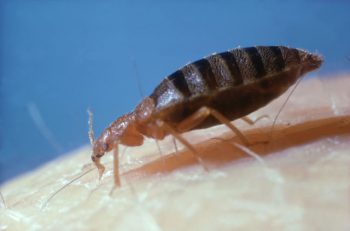


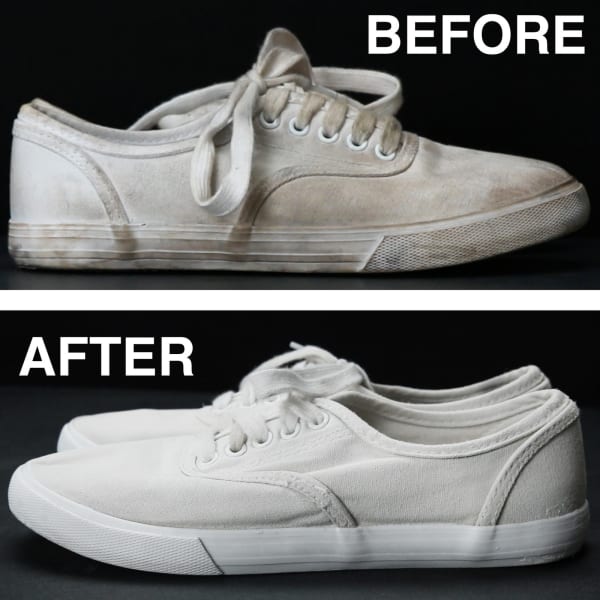
Leave a Reply